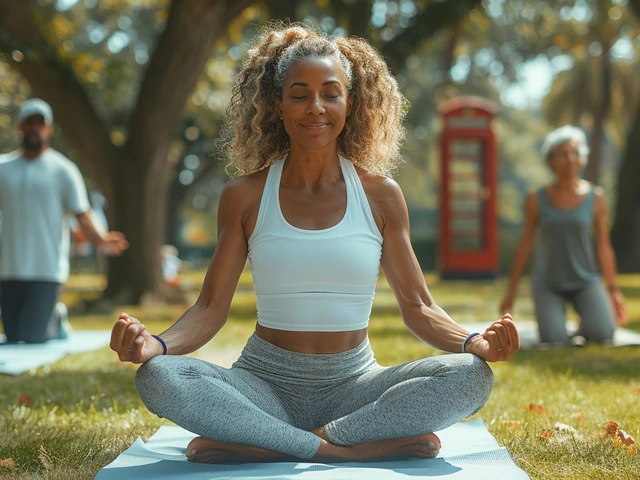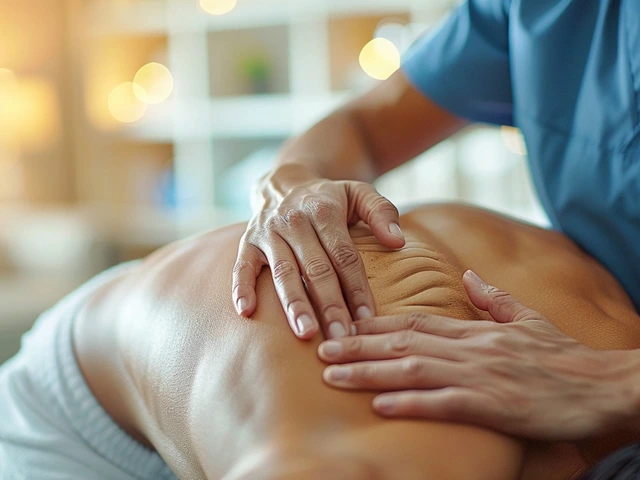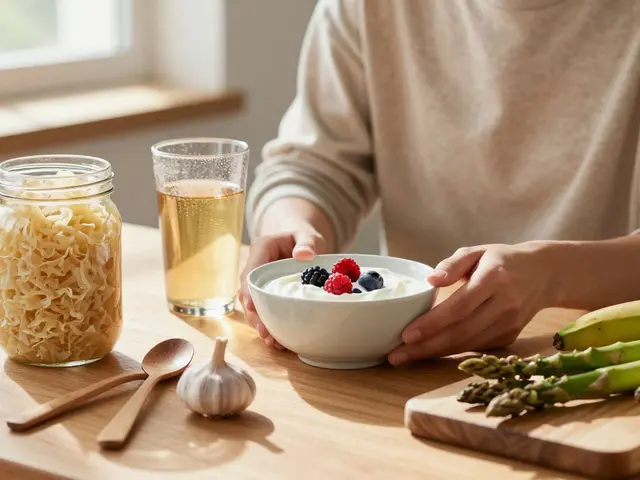Quality of Life: Simple Habits That Change Days
Quality of life isn't about big changes. Small daily habits add up fast. You can feel better, move easier, and be calmer by choosing a few practical steps and sticking with them.
Start with sleep and movement. Aim for regular sleep times and short walks or gentle play every day. For dogs, consistent walks and short play sessions reduce anxiety and prevent weight gain. For people, light exercise improves mood and energy within weeks.
Use hands-on care: massage and touch
Massage helps more than easing sore muscles. Sports, neuromuscular, and myofascial techniques speed recovery, reduce tightness, and improve mobility. You don't need a pro every time—learn a few basic strokes for your own neck and shoulders. For dogs, gentle massage improves circulation, lowers stress, and can ease arthritis pain when done gently and regularly. Watch your pet’s response and stop if they show discomfort.
Fuel your body and brain
Food affects mood and resilience. Add omega-3 rich foods like oily fish, flaxseed, or supplements if your vet or doctor approves. Start the day with a balanced breakfast: protein, healthy fats, and whole grains. For dogs, high-quality protein and controlled portion sizes support weight and energy. Avoid quick fixes like sugary snacks that crash your mood later.
Manage stress with short, practical tools you can use anywhere. Quick breathing exercises, five-minute mindfulness, or a brief walk can reset your nervous system. Biofeedback tools can help people learn which breathing patterns lower stress and steady heart rate. If tech feels awkward, simple habits like timed breaths or body scans work well and take no special equipment.
Pick one new habit at a time and practice it for two weeks. Set a small goal: two massage sessions a week, one extra walk with your dog, or replacing one snack with a handful of nuts. Track progress in a note or app and celebrate small wins. Habits stick when they feel easy and rewarding.
Pay attention to pain and stiffness early. Techniques like myofascial release or neuromuscular pressure can help chronic tight spots, but they work best when combined with movement and rest. If pain persists, see a professional who treats the whole person or animal, not just the symptom.
Finally, make joy part of the plan. Short creative activities, music, or playtime with your pet lift mood and strengthen bonds. These moments are simple but powerful for daily wellbeing. Quality of life improves when practical self-care meets consistent small actions.
Use trusted sources when you try new things. Read step-by-step guides on massage, myofascial release, and meditation before trying them. If a method feels painful or your dog reacts badly, stop and ask a vet or therapist. Small tools like a foam roller, a basic pulse app, or a guided breathing track cost little and can change daily comfort. Start slow, track how you feel, and share what works with friends or your vet. Consistent small steps beat occasional big fixes every time. Try today.

Understanding Health Anxiety and Its Impact on Daily Life
Health anxiety, also known as hypochondria, can significantly affect an individual's quality of life. It often leads to excessive worry about having a serious illness, resulting in frequent doctor visits and heightened stress levels. This persistent fear can interfere with daily activities and relationships, making it crucial to understand its impact and explore effective management strategies. By recognizing symptoms and adopting practical coping mechanisms, individuals can work towards reducing anxiety and improving overall well-being.




